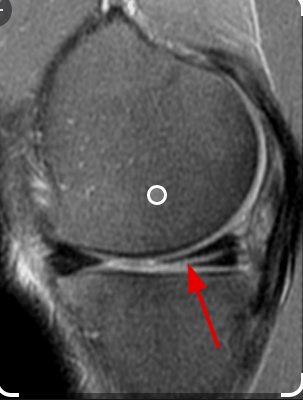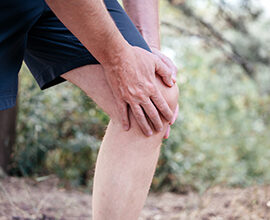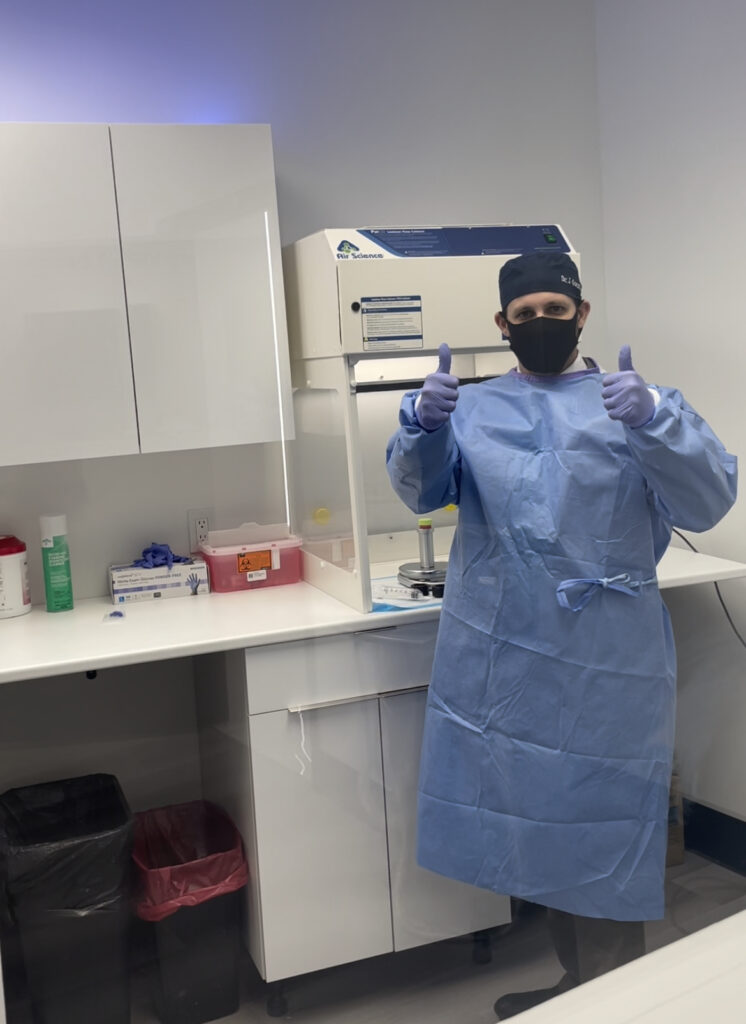- info@irosm.com
- 3333 West Commercial Blvd , Ste 101 Fort Lauderdale , Fl, 33309
(954) 751 6990
Error: Contact form not found.
Each knee contains two crescent shaped bands of rubbery cartilage that cushion and help protect the knee joint from the daily stress of walking, running and bending.Aggressive twisting and pivoting can cause ruptured meniscus fragments to get trapped in the knee joint, generating a “catching” sensation. When a larger shard becomes embedded between the shin bone and the knee, the knee can ‘lock’ and lose its ability to completely bend or extend.
The degree and severity of meniscus tears can differ significantly; the meniscus may be severed in half, torn around the edge, or left suspended by a single thread to the knee joint. A tiny tear may not be discernable for many years, until an innocuous event triggers it, like tripping on the sidewalk or stumbling at home.
Meniscus tear can also occur as we age and are referred to as degenerative meniscus tear. When meniscus tears start to cause pain and limit function, they should not be ignored.
Meniscus Tear Repair is a minimally invasive outpatient procedure that eliminates pain in the knee, repairs will allow patients to return to their regular level of activity free of any of the impeding symptoms.
A meniscus tear is one of the most common knee injuries. It’s primarily caused by activities that forcibly twist or hyper-flex the knee joint, especially when one’s full weight is applied on it, such as aggressive pivots, or sudden starts and stops (common in hockey, baseball, tennis and basketball).
Unfortunately, even routine activities such as kneeling, squatting or heavy lifting can provoke a meniscus tear.

if you believe you have a torn meniscus, or if you’ve experienced any symptoms of a meniscus tear. Your physician will likely order tests that may include X-rays, magnetic resonance imaging (MRI), or ultrasounds to establish if you have a torn meniscus.


Non-surgical treatment options include rest, ice, pain and anti-inflammatory medication, elevation, compression, physical therapy and muscle strengthening around the joint. Relieving the discomfort in this way buys time for the injury to recover and heal on its own.
Your physician’s recommendation for treatment will depend on the size and placement of the tear, one’s age, health and medical history, activity level, and when the injury took place.
Smaller tears situated near the outer edge of the meniscus can frequently heal on their own. If a larger rupture is situated toward the middle of the meniscus, healing may be hindered, as the blood supply to the area is limited.
If the tear cannot be fixed, a small portion of the torn meniscus may need to be surgically removed in order to restore proper knee function (partial meniscectomy), or in more extreme cases, the meniscus may need to be taken out entirely (total meniscectomy).
A problem with taken out the meniscus(meniscectomy) is that it leads to a faster developing of arthritis and the need for a total knee replacement.
At IROSM, our proprietary regenerative medicine protocols are designed to stimulate a more natural healing of the torn meniscus through a minimally invasive office based procedures. By taking the patient’s Regenerative/Stem cells and re-implanting them inside the torn meniscus, we can successfully reduce pain while improving function leading to a better healing response.
Our Board-Certified doctors will evaluate your case, personally reviews your X-rays, MRIs, labs work, and all medical records to determine the best treatment plan.
The proprietary protocols at IROSM allow us to collect high quantities of viable Mesenchymal Progenitor Stem Cells, growth factors, and other cytokines that promote a Bio-repair response. The cellular collections process is a minimally invasive office procedure done the day of your treatment. At our facility, we only collect patients’ own(autologous) regenerative cells.
The cellular processing and concentration are done inside of our “Advanced Regenerative Lab(ARL)”. Whether we are concentrating “Hyper PRP”, Bone Marrow, or Adipose(fat) reparative cells, our trained physicians and staff can greatly concentrate and purify our regenerative medicine preparation. Inside the ARL, we can fully customize our cellular treatment tailored to the individual patient and their specific problem.
After the cells are collected and processed, our physician will reimplant the Regenerative Cells into the patient’s problem. Whether is a torn meniscus, degenerated arthritis joint, torn rotator cuff, or any other orthopedic problem. Our highly trained doctors will use advanced Ultrasound or X-rays to accurately reimplant the cells into the problem area, using image guidance grantees proper placement.
After the procedure, a personalized rehabilitation process will commence maximizing the recovery of our patients. Our physicians will guide our patients throughout the full rehabilitation process.

Call : (954) 751 6990
info@irosm.com